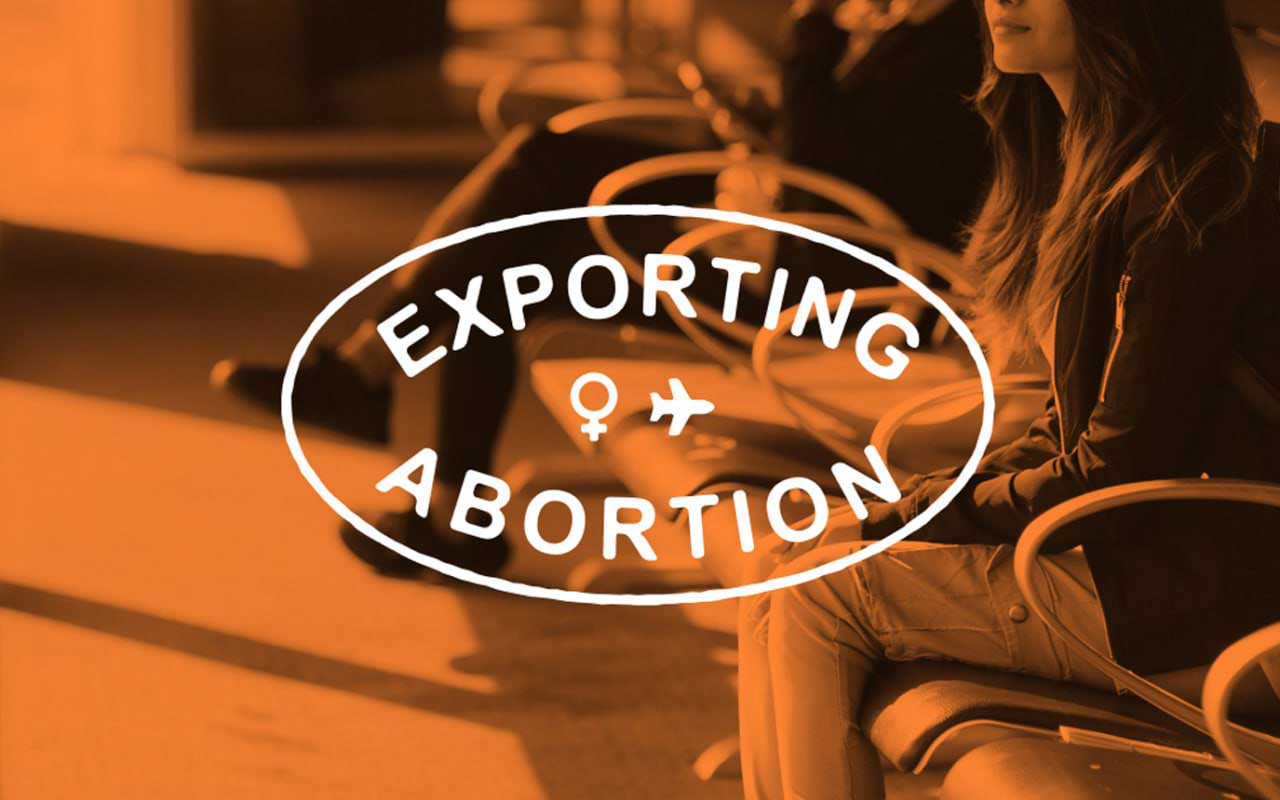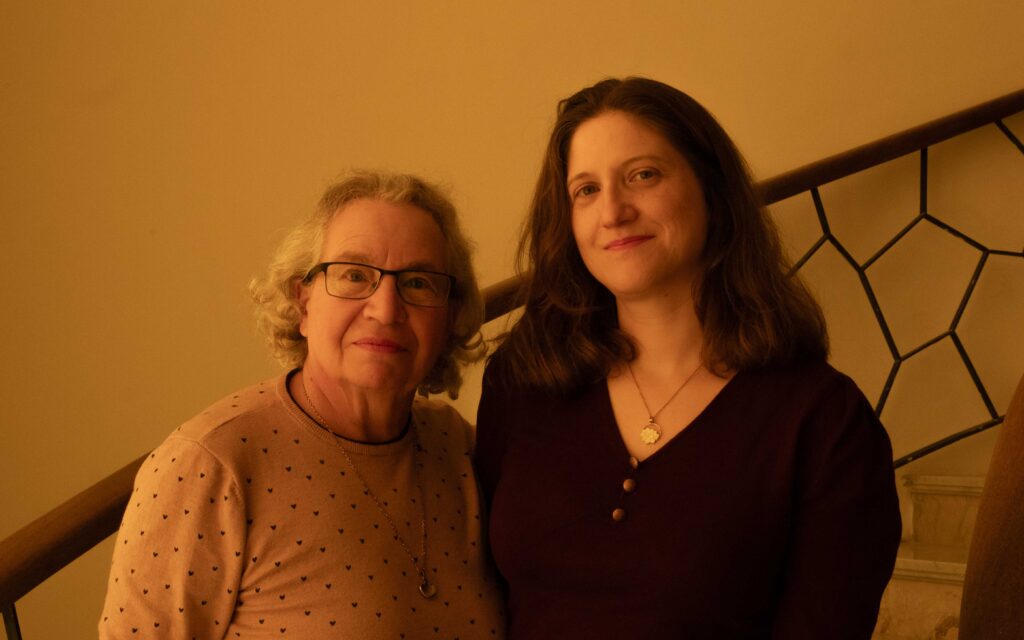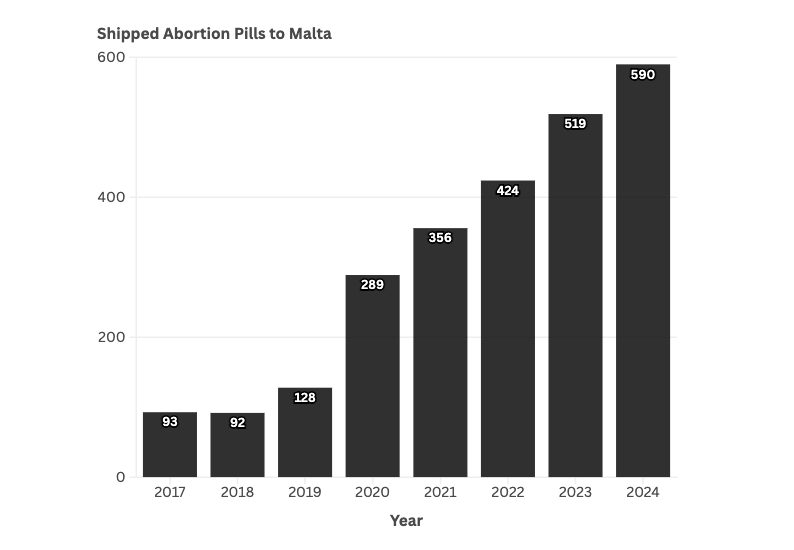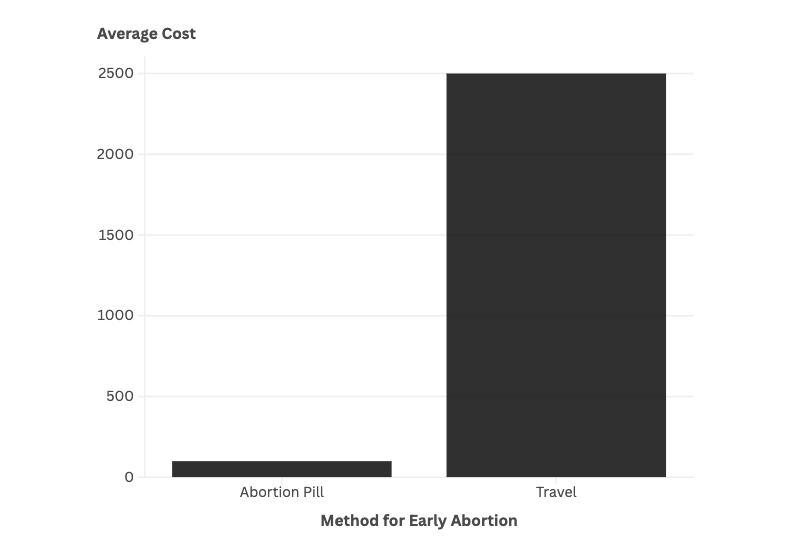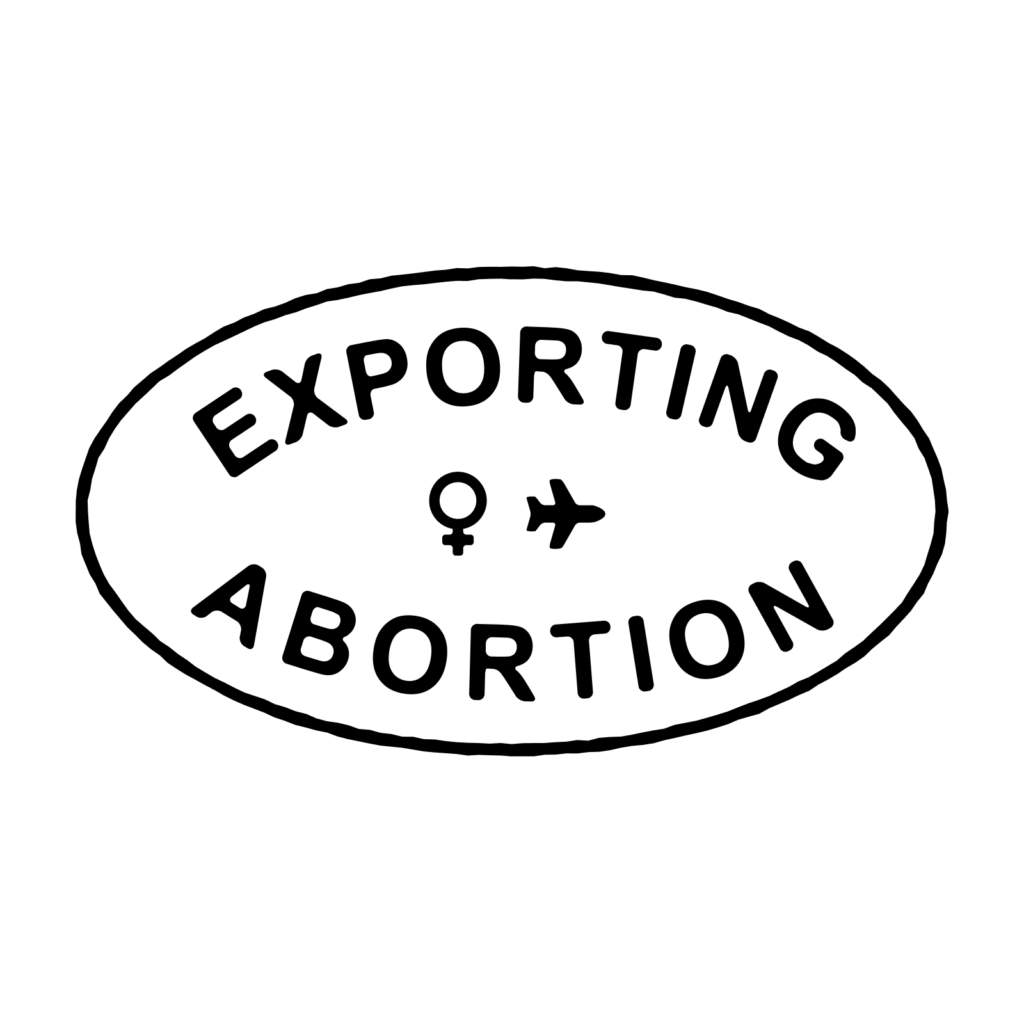by Joanna Demarco
The United Kingdom is no longer the primary destination for Maltese residents seeking abortions abroad. Official data analysed by Amphora Media, as part of the European cross-border investigation Exporting Abortion, coordinated by Público (Spain), reveals that Spain has now surpassed the UK in the number of women from Malta travelling there for the procedure.
Public records and freedom of information requests show that Spain has seen a rise in numbers from Malta over the past few years, despite the UK historically being the ‘classic’ choice.
According to experts, the Netherlands is also a common destination among Maltese women, though Dutch authorities do not document specific figures for Malta, among other countries.
Why Are More Women Choosing Spain?
The number of Maltese residents travelling to the UK for abortions began to decline in 2020, coinciding with the COVID-19 pandemic. However, the shift in abortion travel patterns appears to have been influenced by multiple factors.
According to abortion researcher and Abortion Support Network volunteer Liza Caruana Finkel, this trend may also have been influenced by Brexit, which could be complicating visa requirements for non-EU nationals residing in Malta.
One other significant factor is the increased awareness and use of abortion pills for early pregnancy terminations (up to 12 weeks). However, for women seeking abortions after this period, travelling abroad is the only option.
Malta has the strictest abortion laws in the EU – allowing a legal abortion only in cases where a woman has a medical complication which may put her life at immediate risk or that places her health in grave jeopardy which may lead to death.
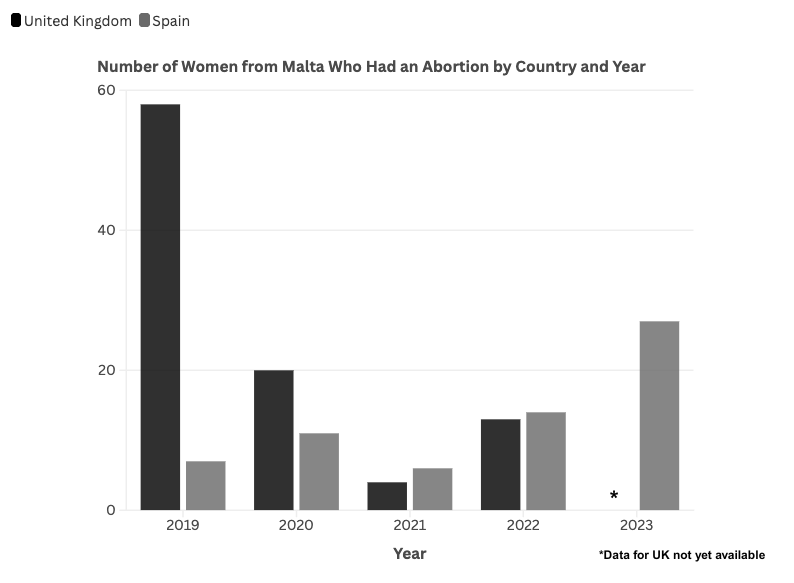
While between 2010 and 2019, an average of 55 Maltese residents per year travelled to the UK for abortion services, this number dropped dramatically to 20 in 2020, 13 in 2021, and just 4 in 2022. The figures for 2023 have yet to be published.
Meanwhile, Spain has steadily increased, rising from 7 in 2019, to 14 in 2022 and 27 in 2023.
The Exporting Abortion investigation found that Spain is one of the European countries that receives the most women seeking abortions.
An analysis of different European laws and country-specific situations by the investigative team highlights that Spain is likely a popular country of choice due to several factors: it is in the European Union, it is one of the countries with easier access to abortion (upon request till 14 weeks, however relatively easy to access abortion until 22 weeks in some regions) and the procedures are cheaper than in countries like the Netherlands and the UK(which have longer timeframes than Spain for abortions on request).
Additionally, a change in legislation in Spain in 2023 now permits 16- and 17-year-olds to access abortion without parental consent, and Spain and Malta are well-connected by air travel.
5 Women Have Had Abortions in Malta Under New Law
A total of five women have had legal abortions in Malta following Malta’s 2023 legal amendment. A freedom of information request has revealed that four of these abortions took place in 2024 and one in 2023. There have been no procedures so far in 2025.
According to the law, a medical team consisting of two gynaecologists or obstetricians, one of whom would be the professional to carry out the termination, and a third specialist in the field related to the health issue affecting the woman must give the go-ahead prior to the procedure being carried out.
However, the Health Ministry’s Department for Policy in Health could not provide the number of times when a decision by the doctors’ committee did not result in the termination of a pregnancy, saying that they “have no visibility of additional ‘unsuccessful’ discussions.”
The 2023 legal amendment came about in reaction to the case of US national Andrea Prudente, who was denied an abortion in Malta in June 2022, despite experiencing severe pregnancy complications and the risk of infection after her fetus was deemed non-viable. A non-viable fetus is one that cannot survive outside the womb.
Prudente had to be medically evacuated to Spain to terminate the pregnancy. The case threw Malta’s extremely restrictive abortion laws in the spotlight and sparked international criticism.
The bill slightly shifted criminal law surrounding abortion from a total blanket ban to allowing for the procedure in cases where women’s lives are in imminent danger.
Activists had argued that the revised bill does not sufficiently safeguard women’s health, as it excludes situations where her health is severely compromised. Malta’s abortion laws remain the most restrictive in the EU, making no exceptions to survivors of rape or incest.
More than 5,000 European women have to travel abroad every year to get an abortion
The international investigation Exporting Abortion quantifies for the first time how, even today, thousands of women across Europe cross the borders of their home countries to access an abortion, due to the obstacles that still exist in many states when it comes to termination of pregnancy – even in cases where abortion in their home countries is legal.
The reasons behind this phenomenon vary. Sometimes women realise they are pregnant after the legal deadline for abortion has passed in their country. In other cases, the fetus presents a malformation that local doctors do not consider serious enough to justify terminating the pregnancy.
Exporting Abortion exposes the journeys European women take to access abortion services in other countries. The highest flow is from Germany to the Netherlands, followed by Portugal to Spain. The third most common route is from France to the Netherlands.
Additionally, it shows how women don’t just travel abroad to access abortions. There’s also a growing trend of women ordering and taking abortion pills on their own in countries where abortion rights are highly restricted. This occurs outside the formal healthcare system, leaving women without medical supervision. This trend is particularly evident in countries like Malta and Poland.
Explore the wider investigation here.
Top graphic credit: NSUE Studio
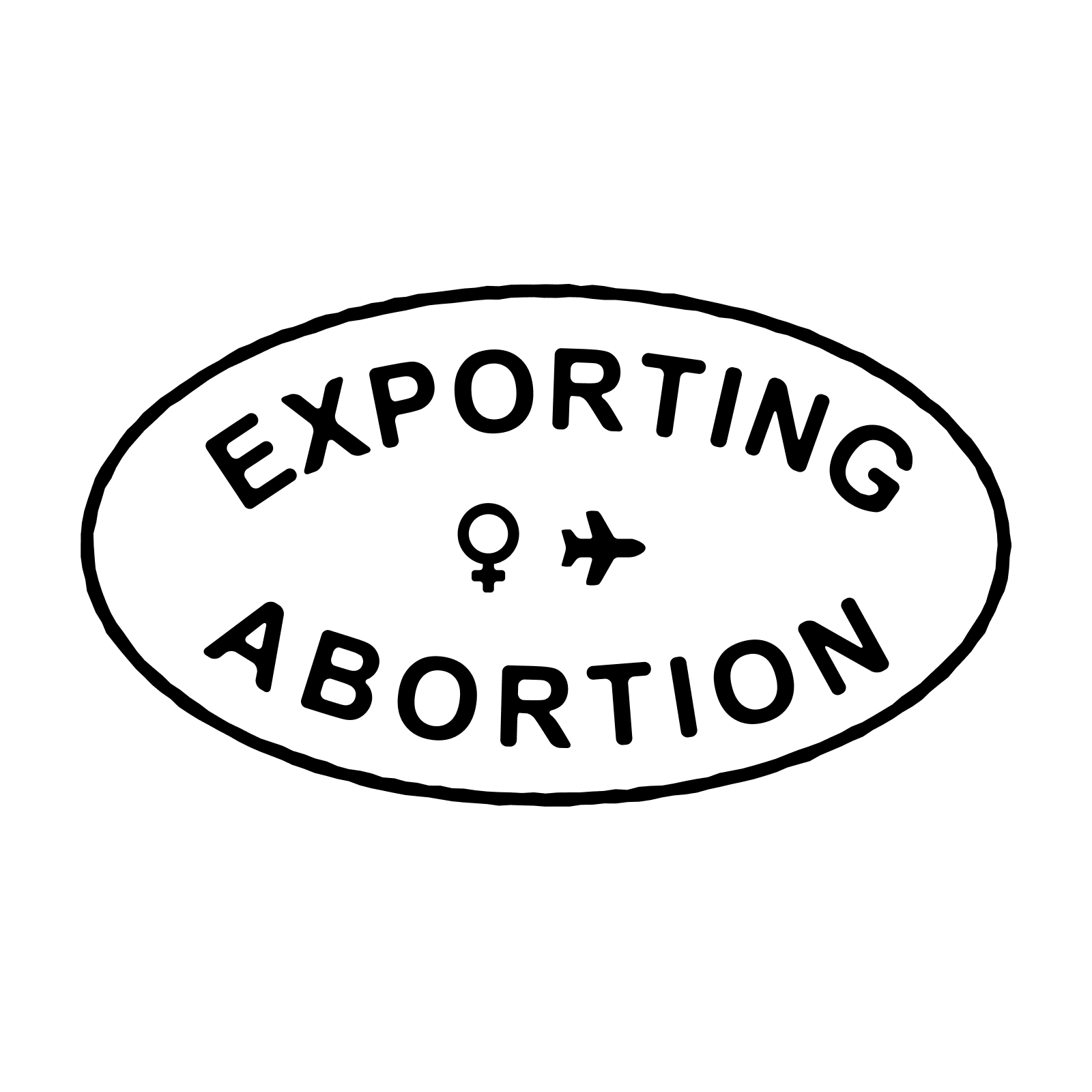

This investigation was developed with the support of Journalismfund Europe.
Exporting Abortion is a cross-border journalistic investigation coordinated by Público (Spain) in collaboration with European media and journalists from across Europe.
The journalists who have participated in this investigation are, in alphabetical order: Joana Ascensão (Portugal – Expresso), Kristina Bohmer (Slovakia), Magdalena Chrzczonowicz (Poland – OKO.press), Mayya Chernobylskaya (Germany), Nacho Calle (Spain – Público), Maria Delaney (Ireland – The Journal Investigates), Joanna Demarco (Malta), Armelle Desmaison (France), Emilia G. Morales (Spain – Público), Bru Noya (Andorra), Apolena Rychlíková (Czech Republic), Órla Ryan (Ireland – The Journal Investigates), Sergio Sangiao (Spain – Público), Margot Smolenaars (Netherlands – Follow The Money).
